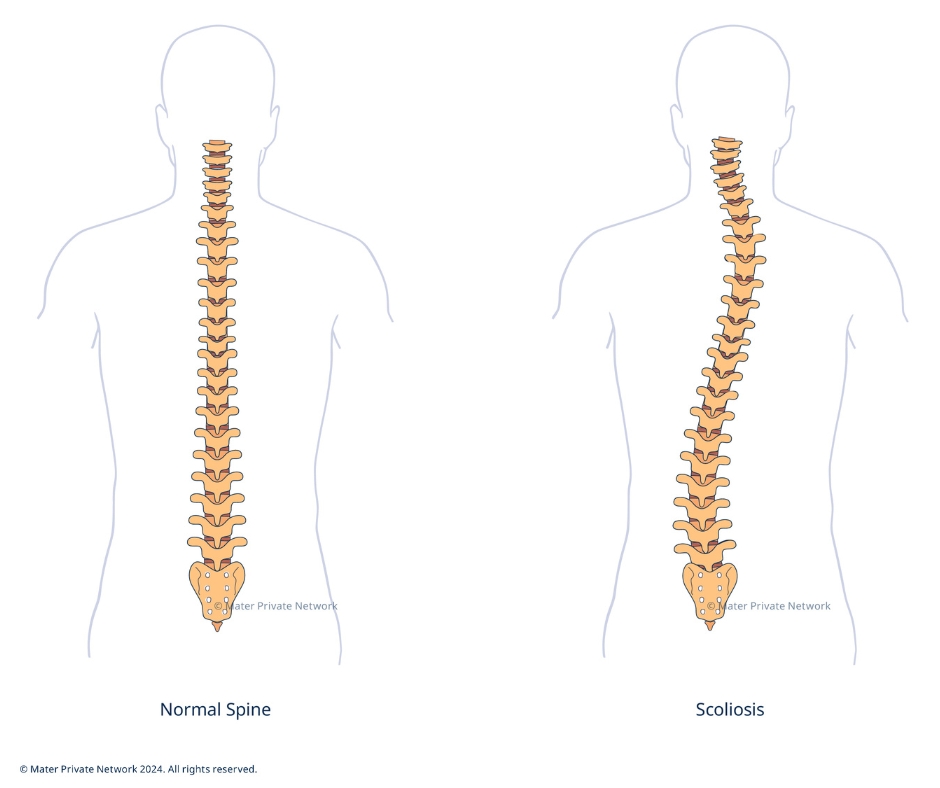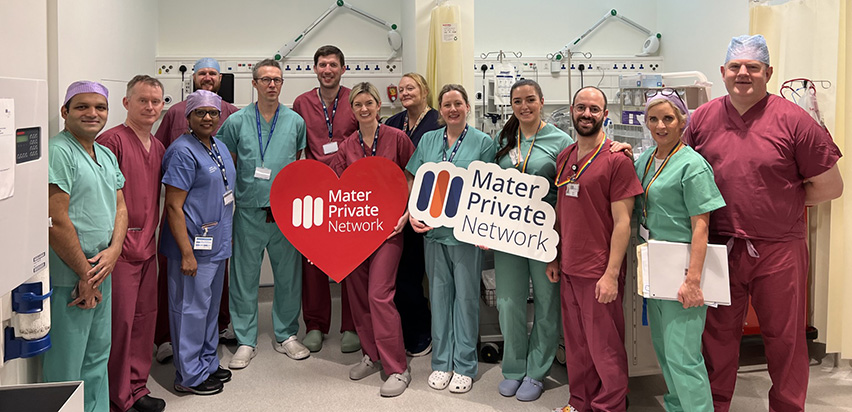Degenerative Scoliosis
What is degenerative scoliosis?
Degenerative scoliosis is when your backbone or spine has an abnormal curvature and instead of having a natural, forward-and-backward curve, the spine has a side-to-side curve.
Most cases of degenerative scoliosis are mild and don’t need treatment. In adults, the degree of the curve may or may not determine treatment which is usually focused on relieving your symptoms and increasing your mobility, rather than fixing the curve of your spine.
What are the symptoms of degenerative scoliosis?
Degenerative scoliosis is usually painless, but pain can develop for a number of reasons including the inability to stand upright, and/or core muscle weakness. You may also feel pain, weakness or numbness in your leg if the degenerative scoliosis causes pressure on the nerves in your lumbar spine (lower back). Some people may experience height loss, or uneven alignment of your pelvis and hips.
What causes degenerative scoliosis?
The cause of degenerative scoliosis depends on the type of degenerative scoliosis. The most common form of adult degenerative scoliosis is degenerative, your spine begins to curve as you age.
Can degenerative scoliosis cause other problems?
While most cases of degenerative scoliosis are mild it can cause complications, including:
- Back problems. If you had degenerative scoliosis as a child you are more likely to have chronic back pain as an adult, especially if you have a significant curvature that was not treated.
- Appearance. As degenerative scoliosis develops, it can cause noticeable physical changes.
How is degenerative scoliosis diagnosed?
- X-ray: an X-ray of your back is usually taken to determine the extent of your spine’s curvature.
- Magnetic resonance imaging (MRI): an MRI may be recommended to check for any of the underlying causes.
How is degenerative scoliosis treated?
Non-surgical treatment
Adult degenerative scoliosis can generally be managed through a combination of over-the-counter pain medications, and core-strengthening exercises to strengthen your abdomen and back and to improve flexibility.
Physiotherapy is also used to maintain strength and relieve pain. If your pain persists, your doctor may recommend an epidural or nerve block injections.
Surgical treatment
Surgery may be suggested for the following reasons:
- If your back and leg pain are severe and do not improve with other treatments
- If your head is no longer aligned with the centre of your pelvis when looking from the front, or with your hip joints when looking from the side, it is more likely that your level of pain will increase over time.
The objective of degenerative scoliosis surgery is to stabilise your spine, relieve pressure on your nerves and restore your balance.
Spinal fusion surgery fuses the bones of your spine together using bone grafts and metallic implants to hold the spine in place.
Mater Private Network is the only hospital in Ireland to offer robotic-assisted spinal fusion surgery, which enables less invasive procedures, greater accuracy and faster recovery time for patients.










